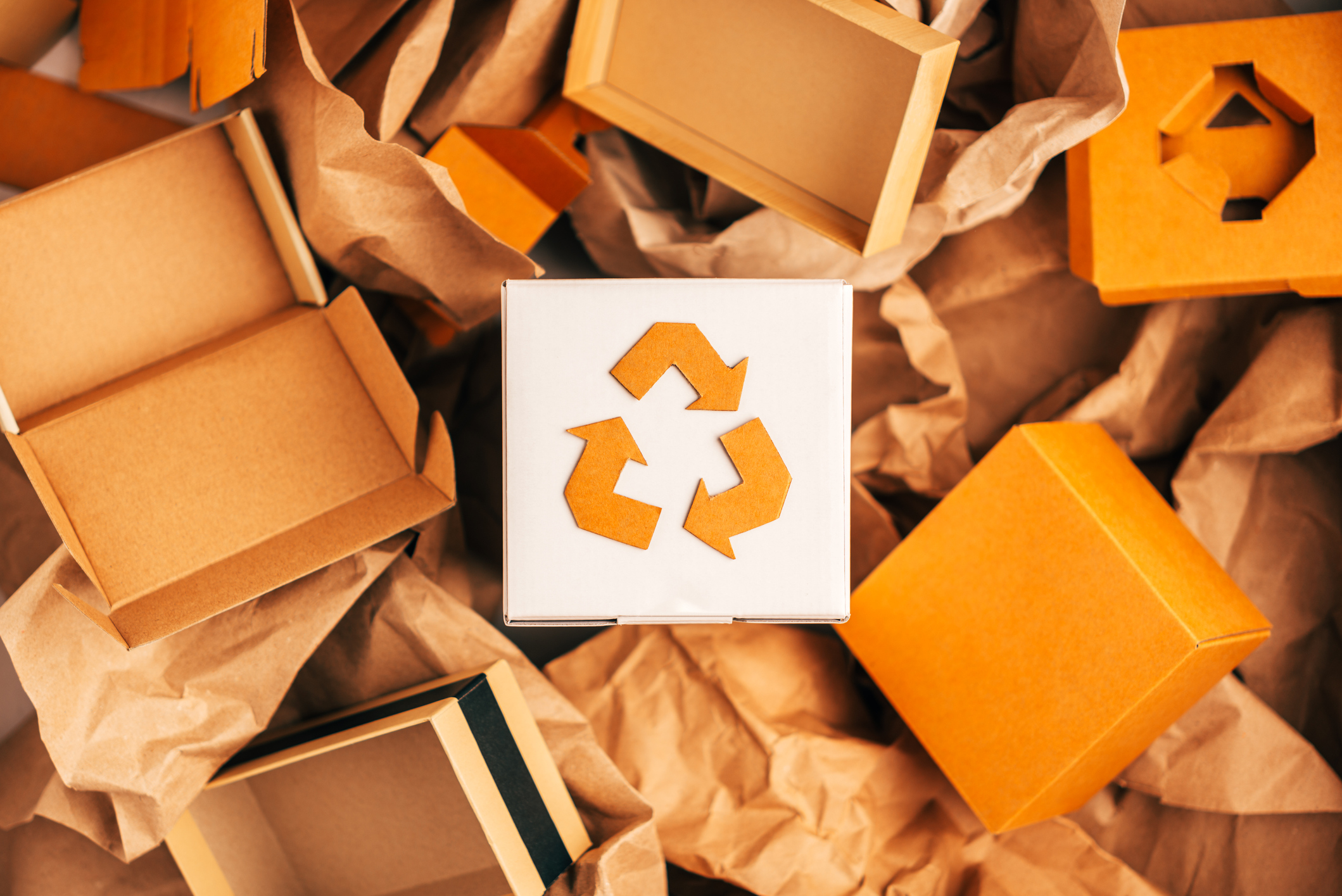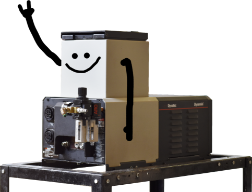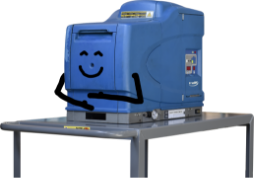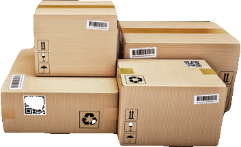How to Get Started with Implementing Sustainable Manufacturing Processes

Consumers are making purchase decisions based on their environmental impact. It’s what the New York Times calls “conscious consumption” – an umbrella term that simply means engaging in the economy with more awareness of how your consumption impacts society at large. Shopping sustainably, with the intent to preserve the environment, is one way to consume consciously.
So, if you’re looking not just to sustain your business, but to grow it, you need to adopt sustainable manufacturing processes. Your customers are demanding it!
Shoppers are Seeking Sustainable Solutions
Products marketed as sustainable made up $113.9 billion in sales in 2018, an increase of 29% from 2013.
(NYU Stern’s Center for Sustainable Business)
This stat demonstrates just how much sustainability impacts buying behavior. Not only are consumers considering the environmental impact of the product they are purchasing, but also the packaging. Sustainability has become a widely discussed topic in our society, and shoppers understand that every item they bring into their home eventually ends up as waste. Your customers are now making purchase decisions based on recyclability. They want to know the packaging of their favorite beverages and snacks, for example, can be recycled rather than landing up in the ocean where they cause harm to animals and ecosystems. (Sad fact: According to Plastic Oceans, one million marine animals are killed by plastic pollution each year. Your customers want to know what you are doing to lower this number.)
It’s not just the thought that counts. Shoppers aren’t only saying they want sustainable products and packaging, they are putting their money where their mouth is. They’ll even shell out a little bit more cash if it means the item they’re buying is eco-friendly. According to a survey from GlobalWebIndex, 59% of consumers say they would pay more for eco-friendly packaging.
Implementing Sustainable Manufacturing Processes
The global sustainable packaging market, as reported in total value of revenue, was estimated at $220 billion in 2018 and is predicted to reach $280 billion by 2025. (PMMI)
It’s clear that the sustainable packaging market isn’t going anywhere. In fact, it’s only getting bigger. So as a manufacturer, you’re faced with a decision: adapt or become obsolete. And it seems that most manufacturers are choosing the former. PMMI found that over 50% of CPGs are evaluating or implementing new materials to be more sustainable. And, as noted earlier, consumers are driving that change by looking for sustainable products and packaging. So, if your production line is not producing sustainable materials, there’s a good chance your end-product will be less and less likely to leave the store shelves. At the very least, it’s important for consumers to see an effort toward sustainable practices. So even if you start small, it will not only help your bottom line, but it will also make a positive impact on the planet.
Where do you get started? There are several ways you can incorporate sustainable practices into your operations. PMMI reports the following efforts by CPGs:
– 89% are designing recyclable packaging
– 80% are minimizing packaging to reduce waste
– 56% are redesigning packaging to use more sustainable materials
– 36% are implementing re-use packaging
– 27% are choosing renewable-sourced materials
How Can We Help You?
No matter which approach(es) you are able to take on your production line, we can help you adapt to your new sustainable manufacturing processes. If your packaging material is changing, you’ll likely need a new adhesive. Our team can work with you to test a variety of adhesives on your materials and equipment until we find one that performs as well, if not better than, your previous packaging solution.
And if you’re looking to become even more sustainable on your production line, switching to new machinery may help you reach that goal. When it comes to your gluing line, the InvisiPac Hot Melt System offers several advantages, including sustainability benefits. Click here to learn more.
If your company is prioritizing sustainable manufacturing processes this year and beyond, we’d like to help! Please contact us today to get the conversation started.












